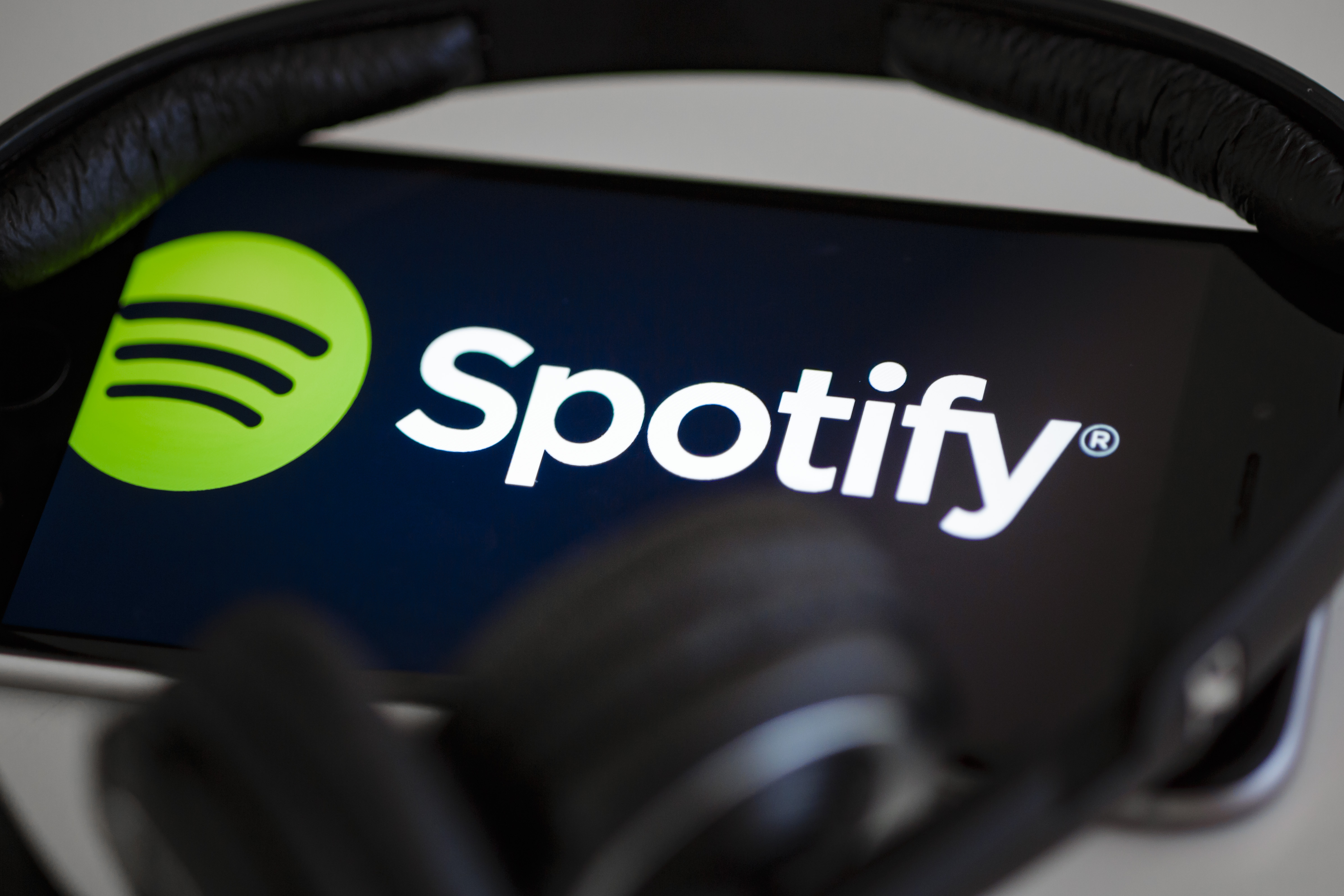As part of the move to adapt the Copyright Royalty Board determination that awarded songwriters a 44% increase over 5 years, Spotify has taken advantage of a new discount allowed for the family and student plans, resulting in U.S. music publishers now having to give back an undetermined amount to the service.
While the CRB announced its determination in January 2018 for the five year period begun Jan. 1, 2018, that rate determination wasn’t finalized until December 2018. Now, Spotify and its agent, the Harry fox Agency, have applied a retroactive reconciliation to its payments, by adapting the family formula discount, which counts a family as 1.5 subscribers and the student discounts as one-half a subscriber. This is an important change because previously the three-tiered formula didn’t have such discounts for those types of subscription plans.
In Spotify’s largest revenue generator, the paid-portable subscription tier, the minimum bucket, which is built by charging 50 cents per that month’s total subscriber count, is typically the default bucket chosen to make payments out of. So as a result of the change, one student plan would have added 50 cents to the pot, but with this change, now only adds 25 cents to the pot. Likewise, the family plan would have included 50 cents for each member but now is capped at 75 cents for the entire family.
So in recalculating each month, going back 17 months, it built up quite a bit of revenue due to be recouped from publishers by Spotify. “According to the new CRB regulations, we overpaid most publishers in 2018. While the appeal of the CRB decision is pending, the rates set by the CRB are current law, and we will abide by them — not only for 2018, but also for future years in which the amount paid to publishers is set to increase significantly,” Spotify said in a statement.

Also Read
WHY SO MANY MUSIC TECH DEALS FAIL
In order to soften that give-back, Spotify issued a statement, saying, “Rather than collect the 2018 overpayment immediately, we have offered to extend the recoupment period through the end of 2019 in order to minimize the impact of the adjustment on publishing companies.”
However, sources maintain that while Spotify is allowed to claim that discount under the CRB determination, they must also implement the regulations that come with it such as working to verify that all claimed family members are indeed members of the same family. Without adhering to that and other regulations, Spotify may not be eligible for the discounts it took, sources say, or at last hope.
“What’s interesting about this [Spotify] move is they are appealing the decision, but now want to take advantage of that part of it,” says National Music Publishers Assn. CEO David Israelite.
While Spotify is drawing out recoupment over the rest of the year, the move creates complications for publishers, who will have to share the burden with their songwriters, who they have already paid. Moreover, what happens with publishers that have a lot of activity with songwriters moving in and out of their catalogs? For example, Spotify may be taking a deduction from a publisher for a songwriter that has already been paid through by that publisher but who has since moved, along with their catalog, to another publisher. In that instance, how does the publisher reconcile and recoup its payments to the songwriter who moved on, one publisher wonders, asking what other unforeseen issue will emerge.
Some publishers in the industry say they are annoyed that they weren’t forewarned by the industry leaders about the possibility that the family and student plans discounts could more than offset the first year increase in the new term to 11.4% of revenue from the the 10.5% rate in the preceding five years. But Spotify previously had tipped to that possibility saying that at the least the new so called “higher rates” wouldn’t cost the service any more money when it pointed out to the SEC in a response to a query from that agency that the new rates wouldn’t have an an immediate impact on its financial results for 2018 or 2019, due to the discounts decreed by the CRB for those plans. At the time Spotify further told the SEC, reported here by Billboard, that it “does not expect the resulting U.S. mechanical royalty payments to be greater than the royalties the company would have paid under the prior royalty rate structure.”
This article originally appeared on Billboard.




